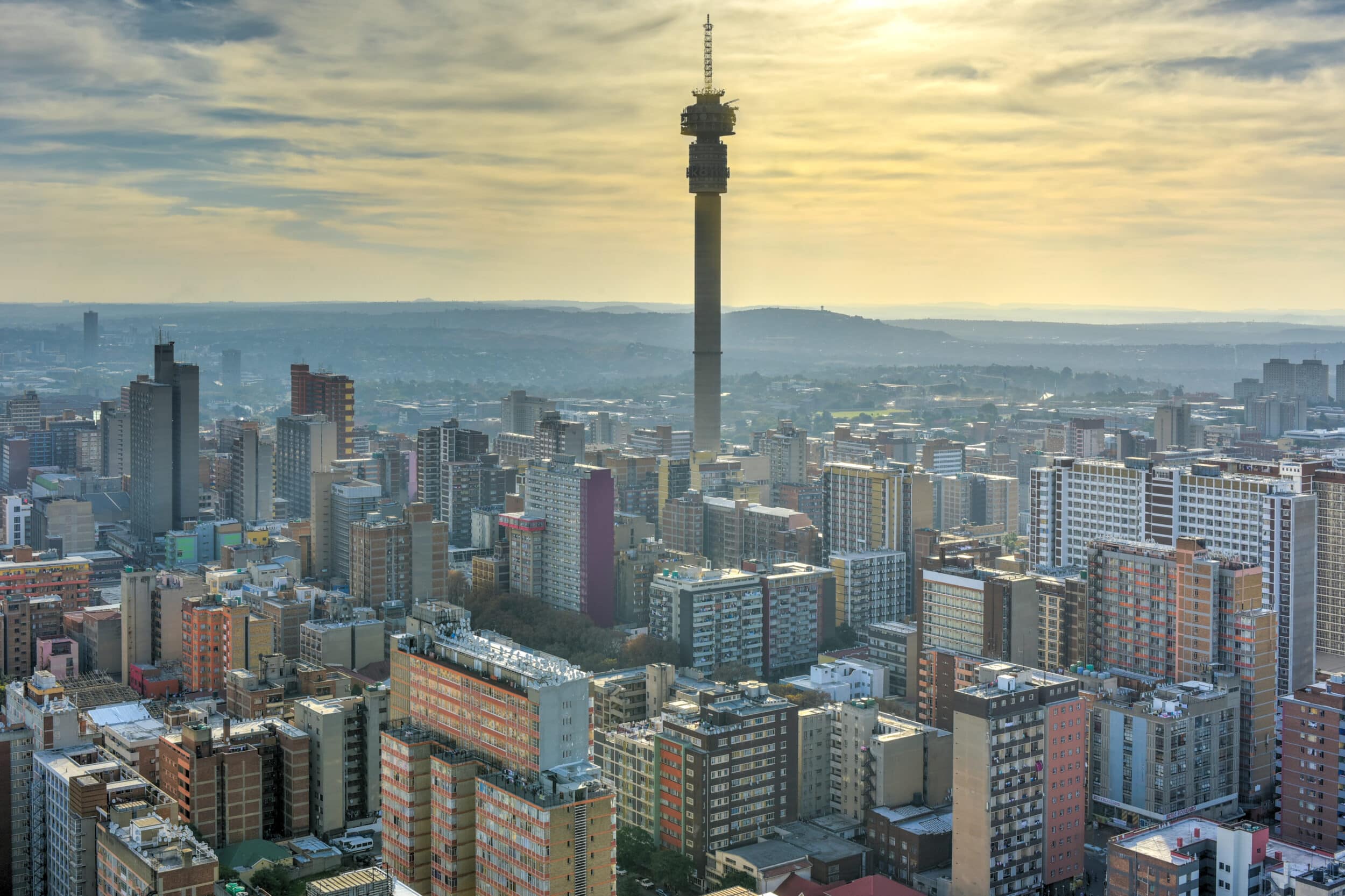
South African and World Biogas Associations urge S.A. government to integrate biogas into their plans to meet Paris Agreement commitments
The South African Biogas Association (SABIA) and the World Biogas Association (WBA) have sent a joint letter to the South African Minister of Environment, Forestry and Fisheries, Barbara Creecy, urging her to help integrate biogas and its environmental benefits into the country’s plans to deliver on their Paris Agreement commitment and address the climate emergency.
When signing the Paris Agreement on Climate change in January 2016, South Africa committed to submit a Nationally Determined Contribution (NDC) detailing how the country would decarbonise its economy to help the world collectively achieve a 45% cut in greenhouse gas emissions (GHG) against 2010 levels by 2030. This is what the Intergovernmental Panel on Climate Change (IPCC) assessed was needed to keep global warming to below 2°C by then. The latest tracking by the United Nations indicates that currently, the NDCs submitted to them so far amount to only 1% in GHGs reductions.
An outcome of the global recession caused by the Covid-19 pandemic has been the international community’s determination to “Build Back Better”. Many see the NDC submissions as an opportunity to integrate green principles and innovation across all areas of a nation’s economy.
Biogas does not currently feature in the South African NDC. In their letter, SABIA and WBA emphasise the value of the anaerobic digestion and biogas industries in delivering significant GHGs reduction and other environmental benefits: “All organic wastes when left to rot in the open air, release methane into the atmosphere” the letter says. “These emissions however can be avoided when these wastes are recycled to produce biogas, which is a storable flexible green gas, along with a rich-in-nutrient bio-fertiliser, digestate. The biogas industry can therefore greatly contribute to South Africa’s transition away from coal and increase its energy independence, while also restoring the country’s soil health and displacing fossil fuel derived fertilisers.”
In addition to the NDC, “Biogas should play a key role in the implementation of South Africa’s Integrated Resource Plan”, the letter continues, “as it can be upgraded to biomethane, a sustainable gas which acts as a direct substitute for fossil natural gas”. The letter then quotes the recent IEA Biogas and Biomethane (link) report that finds that the world’s biogas and biomethane resources alone could cover 20% of global gas demand.
“The biogas industry has a significant role to play towards achieving a circular economy in South Africa” says Alberto Borello, SABIA’s Secretary General. “In our recently published market position paper SABIA highlighted that biogas can also contribute substantially to the NDC from reducing greenhouse gas emissions by up to 15% as well as unlocking 250 BN Rand in local and foreign investment.”
Charlotte Morton, Chief Executive of WBA, added: “Current NDCs deliver a hopeless 1% of the 45% greenhouse gas emissions reductions the IPCC says is required to keep climate warming to below 2C. By integrating biogas into its plans, South Africa can lead the way in demonstrating how this industry can significantly help address this shortfall and contribute towards creating a circular, sustainable and environmentally-friendly economy in their country.”
Last month, the WBA published Biogas: Pathways to 2030, detailing how the industry could deliver 10% reductions in GHG emissions by 2030 across multiple sectors. A link to the report was inserted into the letter. You can find it here.
– ENDS –
For further information, contact:
For SABIA:
web contact: sabia.org.za/contact
For WBA:
Jocelyne Bia
e: jbia@worldbiogasassociation.org ; t: 00 44 7910 878510
Notes to editors
- About SABIA
Established in 2013, SABIA was formed to coordinate industry efforts to actively develop a commercially sustainable biogas sector. SABIA leads industry discussions with relevant governmental institutions, international organisations, NGOs and other industry associations to promote the sector, lobby for relevant legislative change, policy development and assisting members in gaining exposure. Elected by the SABIA members these efforts are led by the Steering Committee with the support and feedback from members and partner organisations, both local and international. SABIA is “A single voice to drive the development of a sustainable commercial biogas sector by promoting the multiple benefits of biogas within our region.” www.sabia.org.za - About the World Biogas Association
Launched at COP22 in Marrakesh in 2016, the World Biogas Association is the global trade association for the biogas, landfill gas and anaerobic digestion (AD) sectors, and is dedicated to facilitating the adoption of biogas globally. It believes that the global adoption of biogas technologies is a multi-faceted opportunity to produce clean, renewable energy while resolving global issues related to development, public health and economic growth. www.worldbiogasassociation.org


